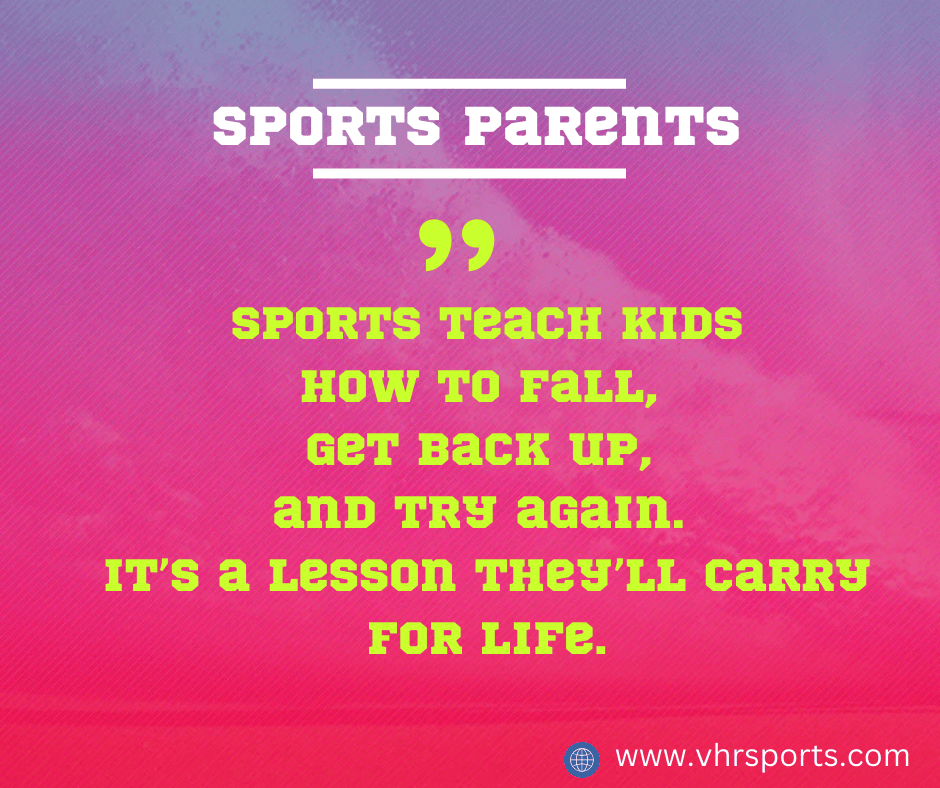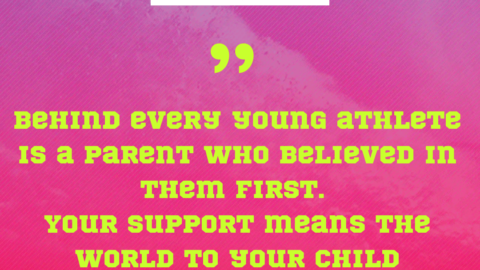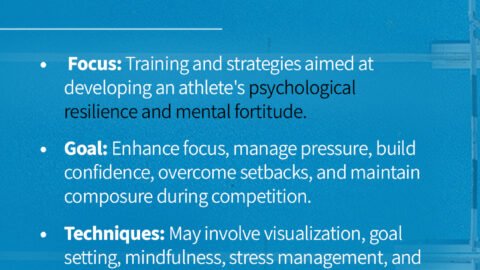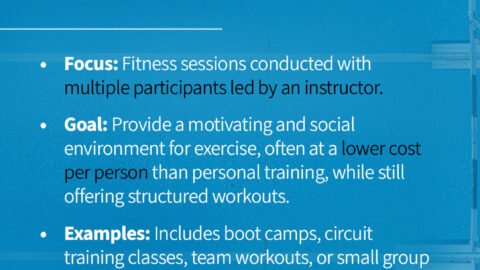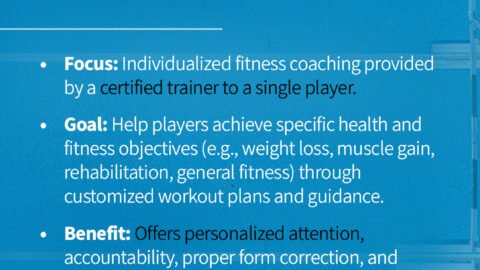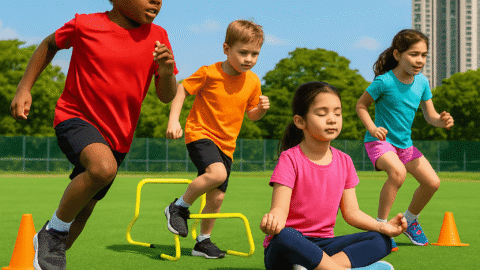Sports are more than just games—they’re a training ground for life. Beyond the physical benefits, sports teach kids invaluable lessons about resilience, perseverance, and the importance of getting back up after a fall. Whether it’s missing a shot, losing a match, or facing a tough opponent, the challenges kids encounter on the field or court prepare them for the ups and downs of life. In this blog post, we’ll explore how sports instill these essential life skills and why they’ll carry these lessons with them forever.
1. The Power of Failure: Learning to Fall Gracefully
Failure is inevitable in sports, just as it is in life. When kids miss a goal, strike out, or lose a game, they experience disappointment firsthand. But these moments are opportunities for growth. Sports teach kids that failure isn’t the end—it’s a stepping stone to improvement. By learning to fall gracefully, they develop the emotional resilience needed to handle setbacks in school, relationships, and future careers.
2. Resilience: Getting Back Up After a Setback
One of the most important lessons sports teach is resilience. When kids fall, they learn to dust themselves off and keep going. Whether it’s getting back on the field after a tough loss or practicing harder to improve their skills, sports show them that persistence pays off. This mindset translates to real-life situations, helping them bounce back from challenges like academic struggles, personal disappointments, or professional setbacks.
3. The Value of Practice and Perseverance
Sports emphasize the importance of hard work and dedication. Kids learn that success doesn’t come overnight—it’s the result of consistent effort and practice. This lesson teaches them to stay committed to their goals, even when progress feels slow. Whether they’re learning a new skill, preparing for a big game, or tackling a difficult project, the perseverance they develop through sports will serve them well in all areas of life.
4. Teamwork and Support: Falling Together, Rising Together
In team sports, kids learn that they’re not alone in their struggles. When one player falls, the team rallies to support them. This sense of camaraderie teaches kids the importance of leaning on others during tough times and offering support in return. It’s a lesson in empathy, collaboration, and the power of community—skills that are essential for building strong relationships and thriving in group settings.
5. Confidence and Self-Esteem: Rising Stronger Every Time
Every time kids get back up after a fall, they build confidence in their ability to overcome challenges. Sports provide a safe space for them to test their limits, take risks, and learn from their mistakes. Over time, this builds self-esteem and a growth mindset, empowering them to face life’s obstacles with courage and determination.
Conclusion:
Sports are more than just a way to stay active—they’re a powerful tool for teaching kids how to navigate life’s challenges. By learning to fall, get back up, and try again, kids develop resilience, perseverance, and confidence that will stay with them long after the final whistle blows. As parents, coaches, and mentors, we can encourage kids to embrace these lessons and celebrate every fall as an opportunity to rise stronger. After all, the greatest victories often come after the toughest falls.

